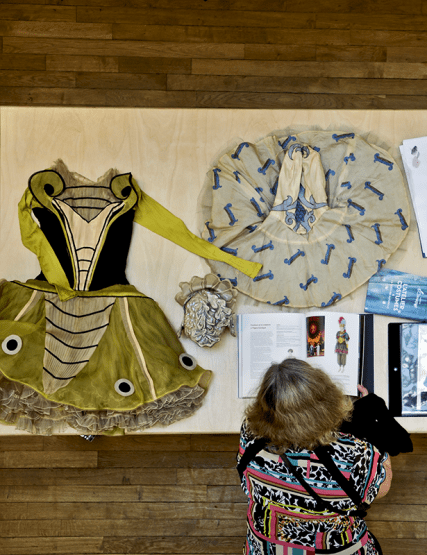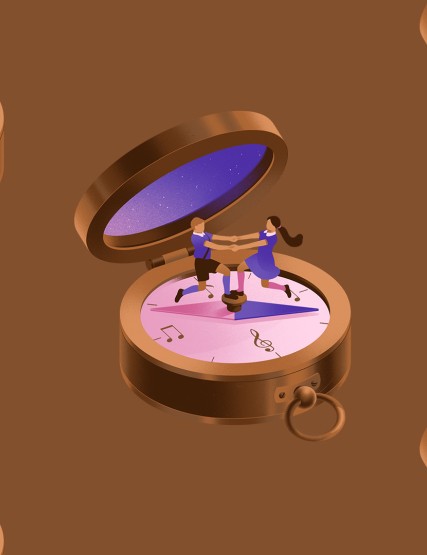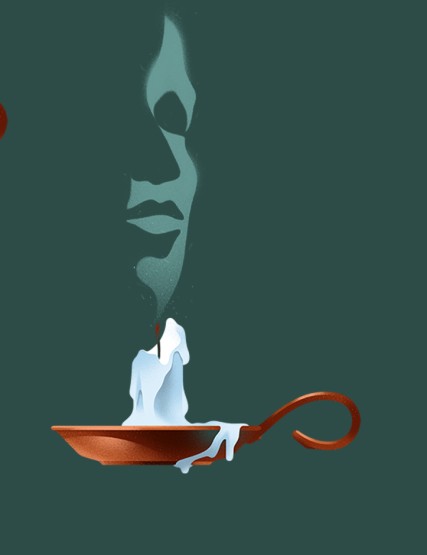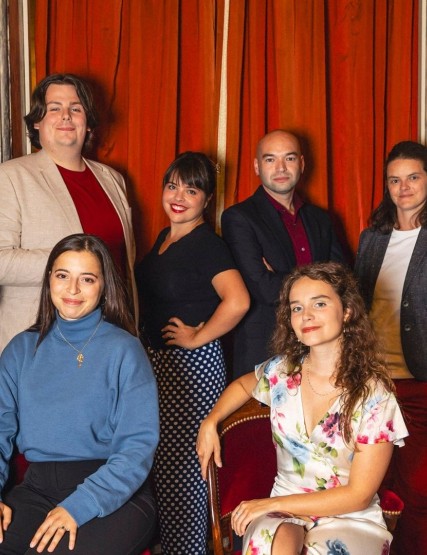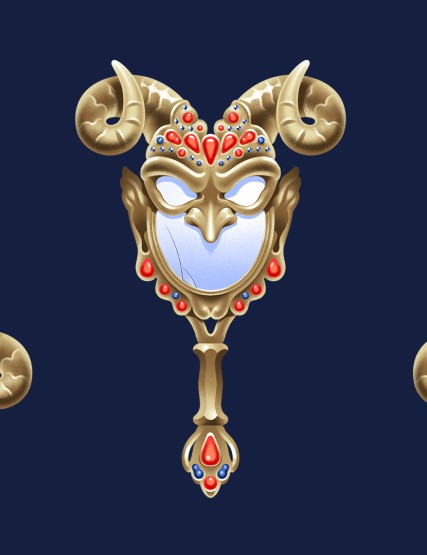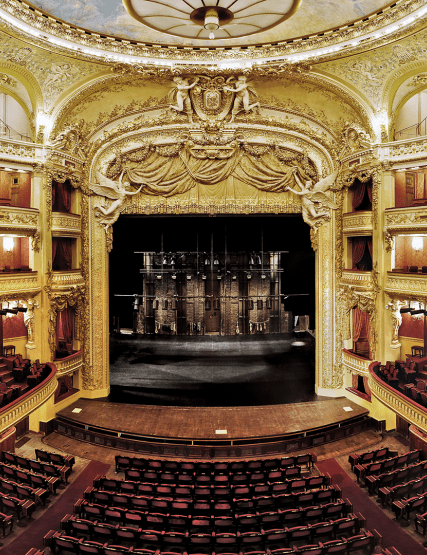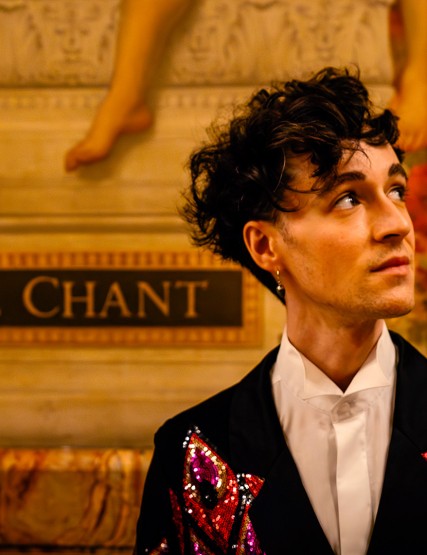Opera buffa in four acts by Sergei Prokofiev. Libretto by Sergei Prokofiev and Myra Mendelson after The Duenna by Sheridan. Premiered at the Kirov Theater in Leningrad on 3 November 1946. Spectacle in russian with subtitles.
Presentation of the work by Agnès Terrier 40 minutes prior to each performance.
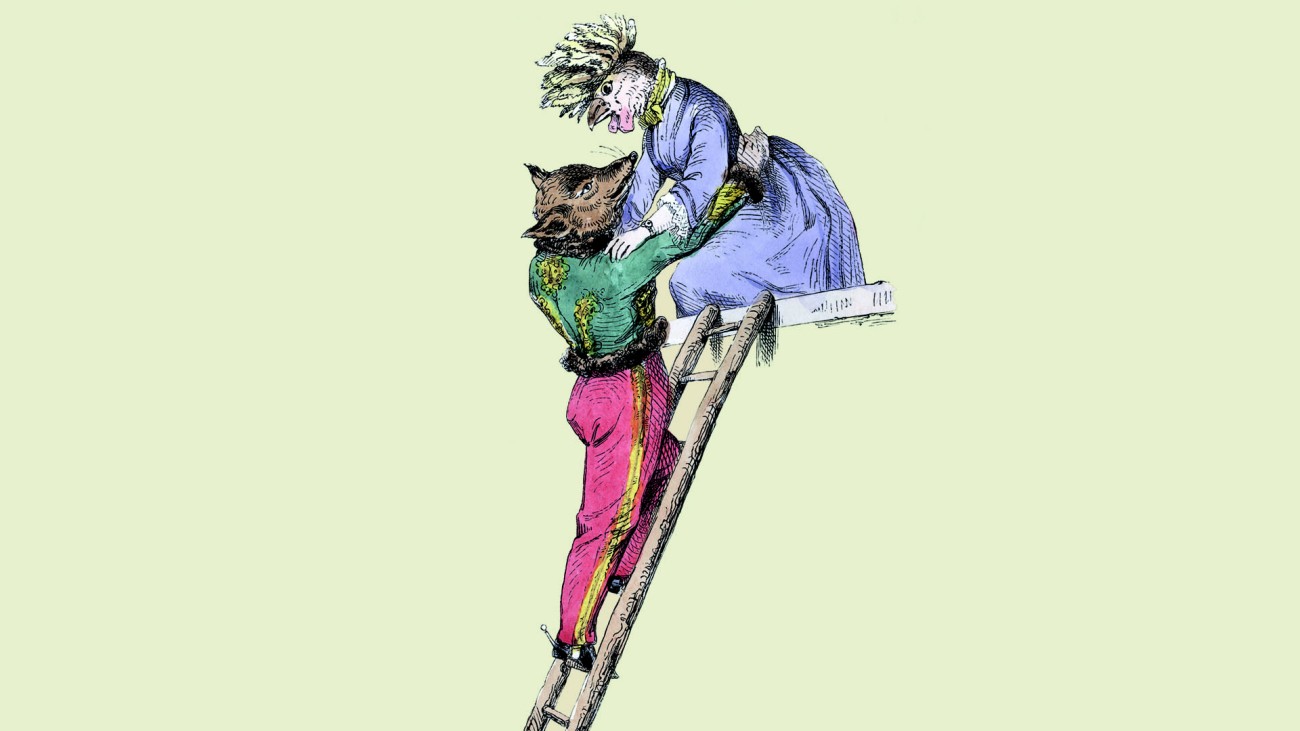
With Betrothal in a Monastery, sung in Russian to an English comic opera libretto, Prokofiev offers a matching piece to The Love for Three Oranges, composed in French after an Italian play and premiered twenty-five years earlier in Chicago. But then the utmost zaniness gives way to a delightful comedy of manners reminiscent of Molière and Grétry. In a passionate and touchy Spain in accordance with the 18th century clichés about the characters of nations, a young couple has to resort to the most daring of subterfuges in order to impede the tyranny of a handful of materialistic graybeards. At the gates and inside a monastery, the wild plot takes on a strong anticlerical note, the only tribute of the work to Soviet ideology. Through its vividness and thrilling tempo, the opéra bouffe genre transcends cultures and eras, proving that it is an essential element of European culture.
Act I
Seville in the 17th century during carnival. Wealthy Don Jerome and Mendoza the merchant prepare to take over fishing in the Guadalquivir. To strengthen their partnership Don Jerome arranges to marry his daughter to Mendoza despite his ugliness. As Mendoza does not know his betrothed, the father showers her with praise. Fully satisfied, the two graybeards leave each other at dusk. Ferdinand, Don Jerome’s son, goes to woo beautiful Clara under her window and comes across his friend Antonio. The impecunious gentleman is on his way to serenade his sister Louisa. Don Jerome catches them but three mocking masks enable the lover to escape. The father has but one obsession: marry his daughter as quick as possible so that he need not protect her virtue any longer.
Act II
Being shut away by her father, Louisa sets her hopes on her duenna who is eager to marry rich Mendoza. The marriage of Ferdinand’s sister makes him jealous like a Spaniard as he fears that Antonio courts… his Clara! The scheming duenna is dismissed by Don Jerome. She packs her things and Louisa steps out draped in her veil while the duenna disguises as a young lady. The next day at the market appears beautiful Clara in desperate straits. Running away from her parents, she cannot count on Ferdinand who wooed her too aggressively. She meets Louisa who is looking for shelter. They reach a bold decision: Clara flees to a convent disguised as Louisa while Louisa requests aid from Mendoza under the name of Clara. Mendoza gladly welcomes the false Clara who claims to be in search of Antonio, his rival in the heart of his betrothed. At Don Jerome’s house the duenna/Louisa puts on airs in order to be alone with her fiancé Mendoza. He thinks she is a far cry from Don Jerome’s flattering picture but the duenna wheedles him and asks him to abduct her by moonlight.
Act III
Back home, Mendoza brings Antonio to Louisa whom he mistakes for Clara. He is pleased to see his rival turn away from his betrothed and confides his plan of romantic flight to the delighted lovers. The next day, Don Jerome is surprised that his daughter elopes with the man he intended for her. Interrupted in his music playing, Don Jerome casually blesses both Mendoza’s messenger and his daughter’s. In the convent’s garden, Clara is expecting Ferdinand dressed as a novice. Louisa has rejoined her and waits for her father’s assent. As soon as she gets it, she runs to church with Antonio. Ferdinand appears, convinced that his lover is going away with a rival. His jealousy persuades Clara of his deep love.
Act IV
In a nearby monastery, drunken monks accept to marry the couple for a fee. At Don Jerome’s house, the wedding ball is about to commence as the three couples arrive. The graybeard resigns himself to blessing his partner and the duenna, his daughter and a poor gentleman, his son and a false nun. Youth and cheerfulness eventually triumph.
Music direction, Tugan Sokhiev • Staging, Martin Duncan • With Brian Galliford, Garry Magee, Anastasia Kalagina, Larissa Diadkova, Daniil Shtoda, Anna Kiknadze , Mikhail Kolelishvili, Yuri Vorobiev, Eduard Tsanga, Vasily Efimov, Marek Kalbus, Mischa Schelomianski, Eleonora Vindau • Orchestra and Choir of Capitole de Toulouse
See all the castFriday, January 28, 2011 - 8:00pm
Sunday, January 30, 2011 - 3:00pm
Tuesday, February 1, 2011 - 8:00pm
Thursday, February 3, 2011 - 8:00pm
Salle Favart
115, 95, 70, 40, 15, 6€
Cast




















Dancers, Sophie Arstall, Anna Bjerre Larsen, Jean David, Jonathan Foussadier, Thomas Goodwin, Patrick Keir, Lise Manavit, Léa Perat
Orchestra and Choir of Capitole de Toulouse
Production, Théâtre du Capitole de Toulouse
Co-production, Opéra Comique
Partnership










